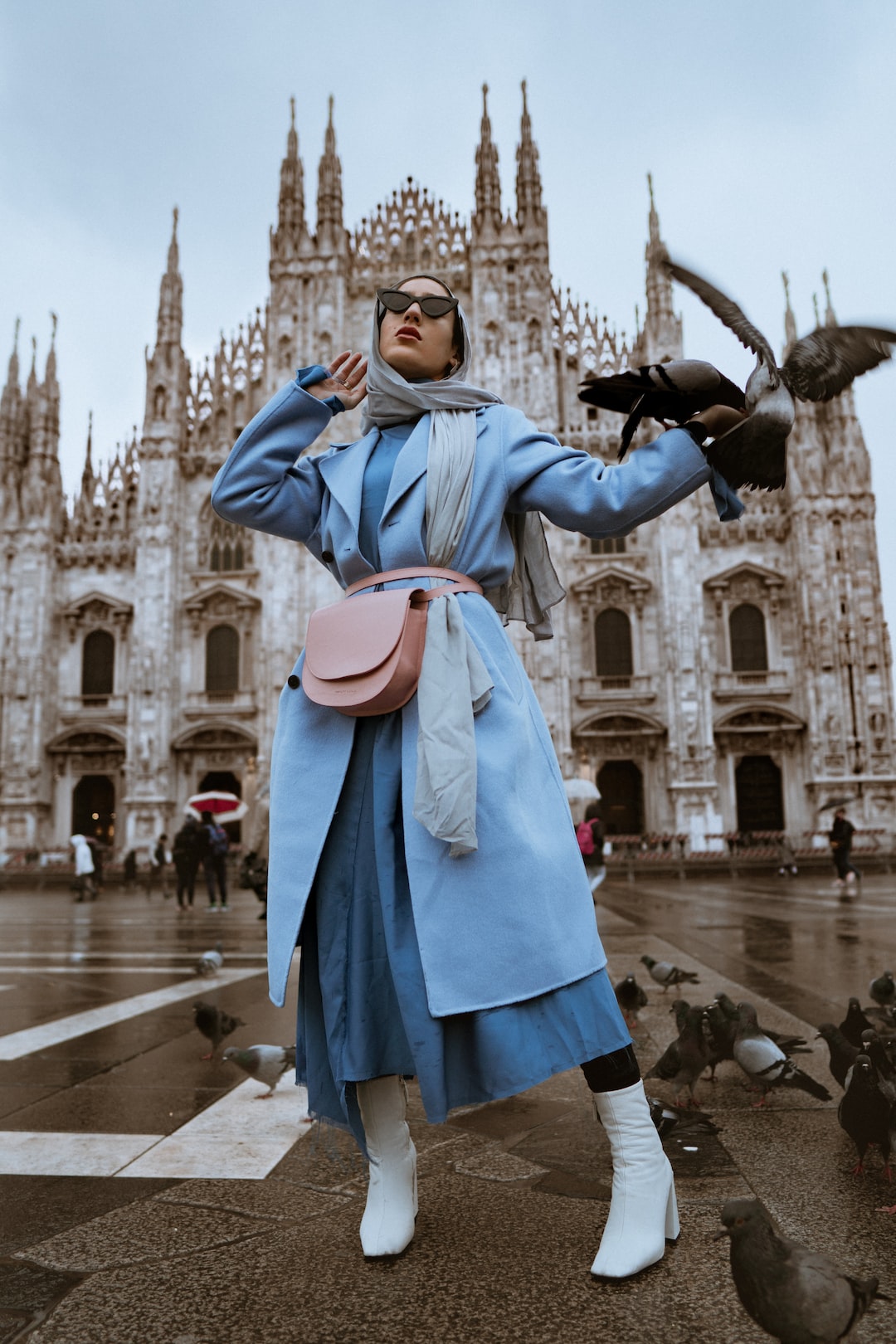The Influence of Social Media on Fashion Trends
In today’s fast-paced digital era, social media has revolutionized nearly every aspect of our lives. From entertainment and news to business and communication, its impact is undeniable. One area where social media has had a significant influence is the fashion industry. Platforms like Instagram, Facebook, Twitter, and YouTube have transformed how consumers discover, follow, and embrace fashion trends.
The accessibility and reach of social media platforms have given rise to a new breed of fashion influencers and bloggers. These individuals have amassed a large following by creating visually appealing and engaging content around fashion. They share their personal styles, offer fashion tips, and provide recommendations on the latest trends. Their opinions and recommendations hold considerable weight among their followers, as they are seen as credible and trustworthy sources of fashion inspiration.
One of the key ways social media has influenced fashion trends is by democratizing access to style choices. In the pre-digital era, the fashion industry was largely driven by top designers, runway shows, and fashion magazines. The trends propagated by these traditional sources would trickle down to the mass market, often with a time lag. However, with social media, anyone can showcase their personal style and influence others. This has resulted in a diverse range of fashion aesthetics and choices being celebrated. Social media has empowered individuals to express their unique style, encouraging a shift from a one-size-fits-all approach to fashion.
Moreover, social media has accelerated the speed at which fashion trends emerge and evolve. In the past, it could take weeks or even months for a trend to gain popularity, as it relied on magazine spreads and word-of-mouth. Today, social media platforms allow for instant sharing, discovery, and validation. Influencers can post pictures or videos showcasing the latest fashion trends, making them accessible to millions of people instantly. This real-time exposure significantly impacts consumer behavior, as people are driven to stay up-to-date with what’s hot and be part of the trendsetters.
Social media has also reshaped the way fashion brands market and promote their products. In the past, brands relied heavily on traditional advertising and celebrity endorsements to create awareness and drive sales. However, social media platforms have provided brands with a more direct and interactive way to engage with their audience. Brands can now collaborate with influencers to create sponsored content, hold giveaways, or gain insights into consumer preferences through interactive polls and surveys. These strategies create a closer connection between consumers and brands, thereby influencing their purchasing decisions.
Further, social media has made fashion more accessible and inclusive. It has given rise to a new type of fashion consumer, known as the “savvy shopper.” These individuals use social media platforms to find the best deals, discover new brands, and stay informed about upcoming sales or promotions. Social media has also fueled the growth of online fashion marketplaces and second-hand clothing platforms, making fashion more sustainable and affordable. Consumers can now shop directly from their favorite influencers or explore a variety of options within their budget. As a result, fashion trends are no longer limited to the elite or those with deep pockets.
However, it is important to acknowledge the negative impact of social media on fashion trends as well. Social media can create unrealistic beauty standards and lead to body image issues. The constant exposure to perfectly curated and retouched images can make individuals compare themselves to others and feel pressured to conform to certain beauty ideals. Critics argue that social media’s influence on fashion may promote consumerism and materialism, encouraging people to constantly buy new clothes and accessories to keep up with the trends.
In conclusion, social media has revolutionized the fashion industry by democratizing access to fashion, accelerating the pace of trends, reshaping marketing strategies, and making fashion more accessible and inclusive. While it has undoubtedly brought about positive changes, it is crucial to strike a balance and be critical of its impact. As fashion enthusiasts and consumers, we have the power to use social media as a tool for inspiration, self-expression, and discovery, while also being aware of its potential negative effects.

